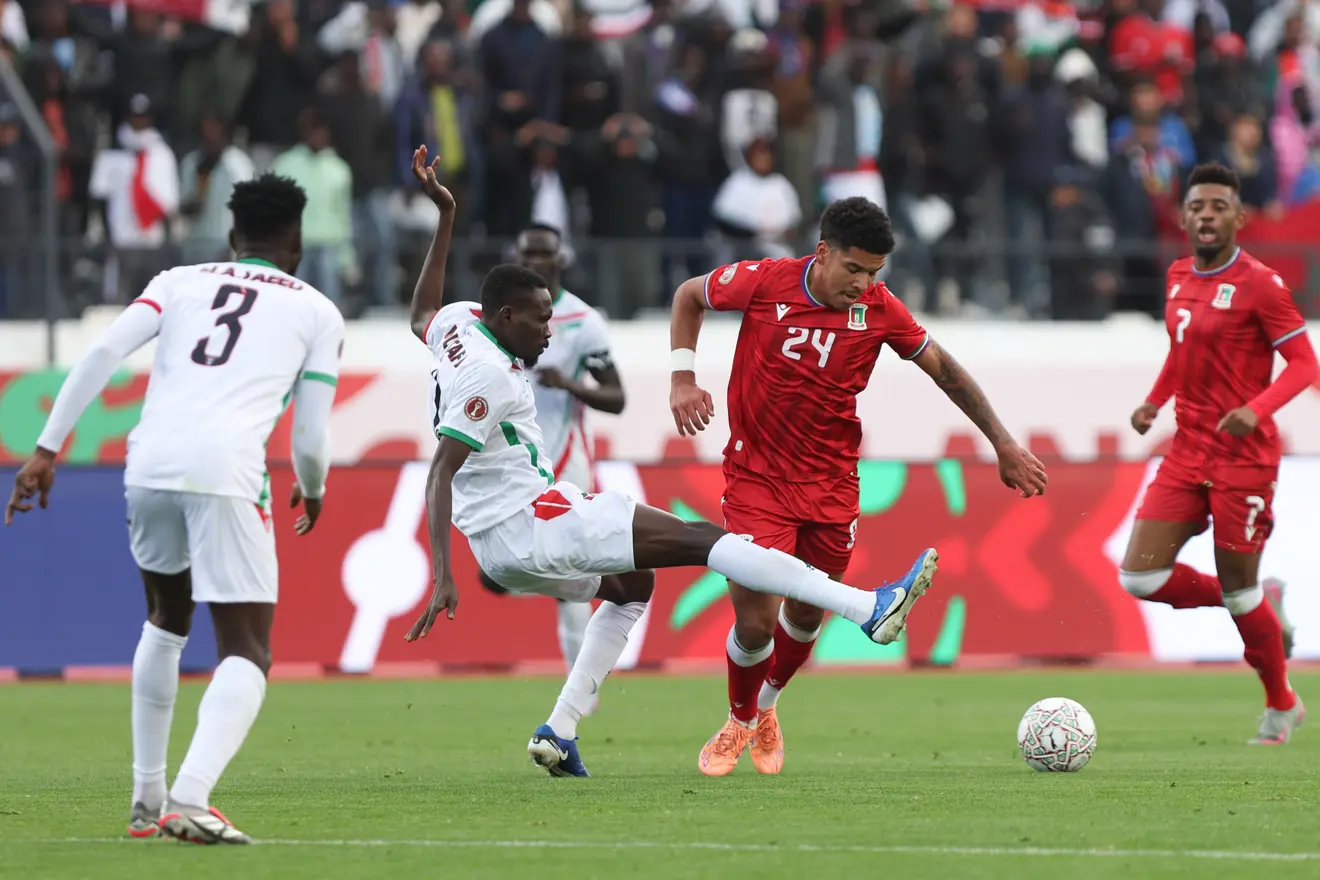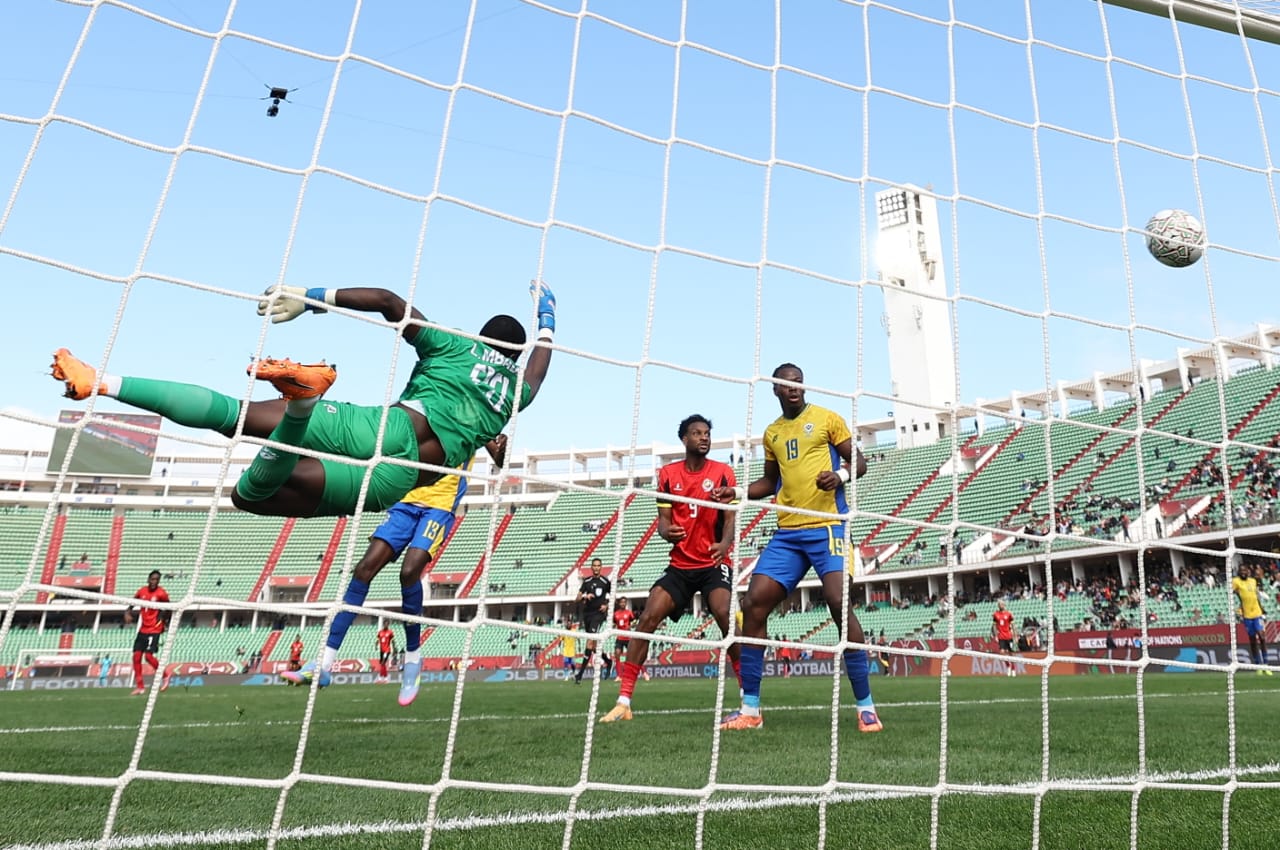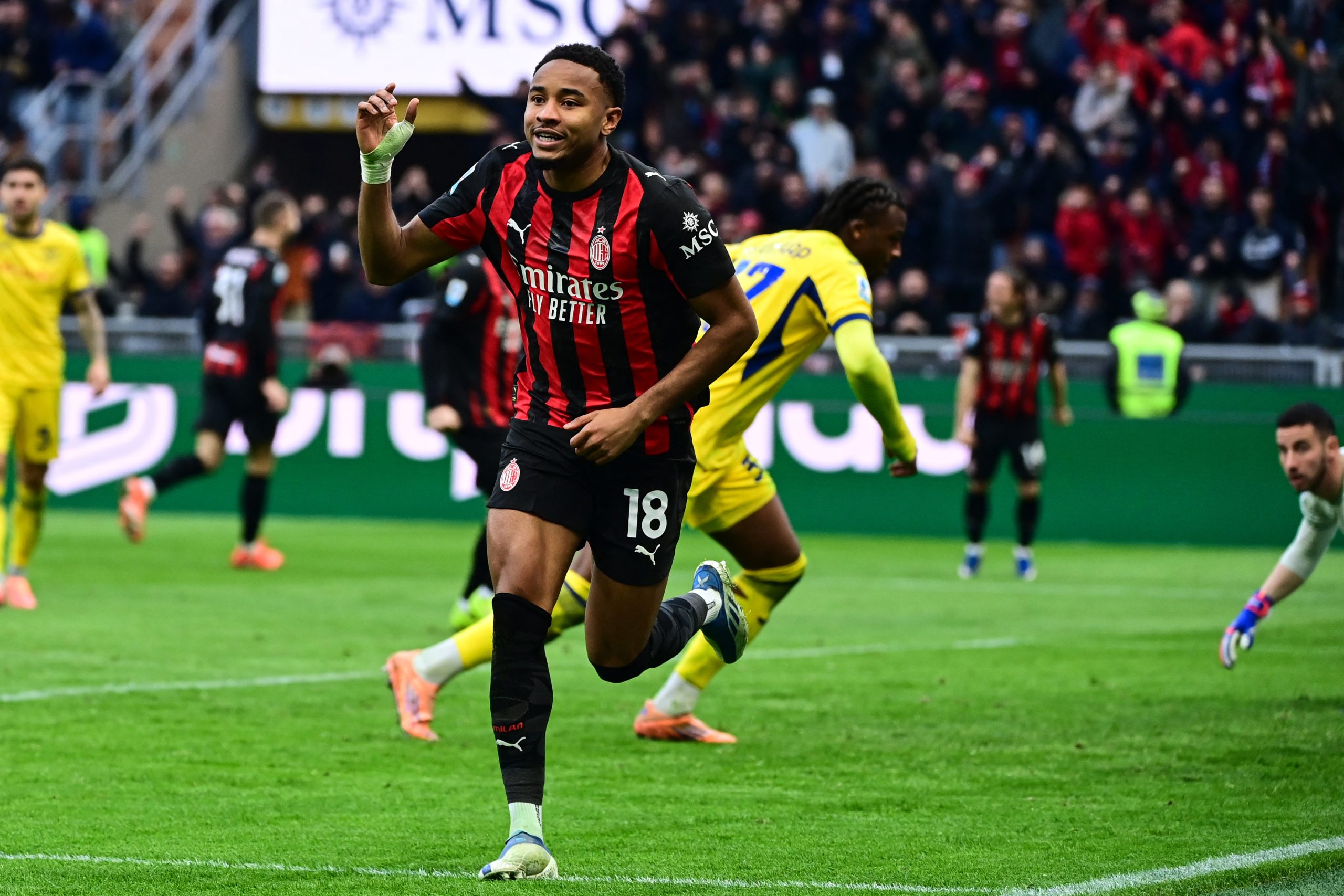Following the steep decline in the country’s youth football, followers of the sport are at a crossroads regarding the feeder teams for the senior national teams. CHRISTIAN OKPARA writes that these senior teams will continue to struggle unless the NFF evolves a sustainable football development pathway, devoid of political considerations.
FOR the third time in a row, the national U-17 boys football team, the Golden Eaglets, have failed to qualify for the African U-17 Cup of Nations, where the continent’s best cadet teams gather to vie for tickets to the FIFA World Cup, as well as bragging rights as the best on the continent.
At the WAFU Zone B Championship, the Golden Eaglets lost to Ghana in the semifinals, meaning they will not participate in next year’s African U-17 Cup of Nations competition, to be held in Morocco. It also means that the Golden Eaglets, which won the maiden FIFA U-16 World Cup in 1985 in China, would not be among the world’s best teams when they gather for the FIFA World Cup next year.
The implication is also that Nigerian football has been denied the opportunity to showcase its next set of stars, who would have been groomed to take over the Super Eagles in the next few years.
The streak of failures effectively mirrors the level of Nigerian football in recent times, as since the 2015 set, which produced stars such as Victor Osimhen, Samuel Chukwueze, and Kelechi Nwakali, the national U-17 team has not produced any player who has held down a spot in the Super Eagles.
The national U-20 team, which was the country’s first side to participate in a FIFA championship when they featured in the 1983 Junior World Cup in Mexico, has not fared better than the Golden Eagles.
Although they qualified for the U-20 World Cup held in Chile this year, the team was so listless that they exited the championship in the second round, losing 0-4 to Argentina.
The same fate befell the women’s U-17 team, which could muster only a win in its campaign at the recently ended FIFA championship, hosted by Morocco. The team, which qualified for the round of 16 as one of the four best third-placed sides at the championship, was eliminated from the race by Italy via a 4-0 defeat.
It has not always been this bad. Before these failures, the crème de la crème of the Golden Eaglets and the U-20 team usually transitioned to the Super Eagles, with the FIFA youth championships serving as their training ground for the challenges of international football. But this spate of poor runs is painting a sordid picture of that process, just as it hints at how gloomy the future may be.
Worried by the poor state of the teams that were expected to produce players for the Super Eagles, stakeholders maintain that chief among reasons for the poor run are poor preparation, recycling of outdated coaches, who have shown that they don’t have the quality to scout and nurture talents, as well as the existent of a poor scouting structure that has made harnessing the enormous talents scattered across the country an uphill task.
Although the Nigeria Football Federation (NFF), through its president, Ibrahim Gusau, has recently acknowledged that the nation’s youth football is in grave danger, these stakeholders insist that the decline witnessed is largely due to the NFF.
They accuse the federation of not only poor planning, but also of choosing coaches and players based on political considerations rather than merit.
To these stakeholders, unless the federation decides to consider merit in every one of its appointments, the country’s football in general will continue on its current downward spiral.
Former Super Eagles star Emmanuel Amuneke, who guided the nation to its last triumph in the FIFA U-17 World Cup in 2017, stated that the future of Nigerian football is at risk and requires urgent attention.
He said that the country always leaves preparation for major championships till the last minute, which, in effect, affects the quality of the teams the country produces for these events.
“A nation that fails to develop its youth football is a failure. When other nations are busy developing their young ones, the ones that will take over in the next five years, we are busy here playing politics. These are the reasons for the failures of these youth teams,” Amuneke said.
Looking back at the system that has given the country cup-winning teams in international youth championships, Amuneke said that the NFF must be intentional in planning for major championships if it desires to arrest the free fall.
Coach Samson Siasia, who led the Flying Eagles to a silver medal finish at the 2005 U-20 World Cup in the Netherlands, like Amuneke, blames the fallen standard of Nigeria’s cadet teams on late preparation, saying that the NFF does not support coaches in starting to build their teams on time.
Siasia, who also won a silver medal at the Olympic Games and a bronze with the national U-23 team, said that the NFF is in the habit of waiting until three months before a qualifier to appoint coaches for the teams, which leaves the coaches with little or no time to assemble their squads.
He asked: “How do you appoint coaches that don’t have players, mandate them to scout for players in three months and win international tournaments?
“The federation always says that it doesn’t have money, hence it does not want to keep players in camp for too long because that is too expensive. But it forgets that these players need to practice together, play some friendly games to become a successful unit. You cannot win any competition without good preparation.”
He said Nigerians believe in the efficacy of prayers instead of hard work, adding that praying without working for success would lead to failure, “no matter how religious you are.
“If you don’t pick the right players and you don’t put them together, how can you have a team to win? It’s a no-brainer. These players come from different places, and to build a team with them, you must practice for some time. There is no magic in it because you only win when you are prepared and ready to compete well.”
Siasia continued: “Some Nigerians still have this erroneous belief that we only need to enter the field to win,” adding that there are no more minnows in modern football.
“The other time, Nigeria was defeated by Sudan in the CHAN Championship; we lost a U-20 game to the Niger Republic in Lagos. Everybody is catching up. We are the sleeping giants of Africa, and unless we wake up, we will continue to lose to the so-called smaller teams.”
He said that poor funding and the NFF’s neglect of football academies are other issues dogging the country’s football.
“FIFA gives the federations money for academies and coaches’ development, but youth teams are poorly funded. What do they do with the money? The FIFA money does not trickle down to the academies; ask anyone who owns an academy if they have ever received anything from the NFF that originated from a FIFA grant. If we don’t invest in a project, why should we be hoping for a return on investment? Where is our league? We are waiting for players who were born in Europe to come and play for us. I am not trying to bring down anybody in the federation, no, but we are the problem.”
Siasia acknowledged that the problem is not peculiar to football, adding that the same problem is affecting other sports, including basketball, “which relies largely on American-born players to win games.
“In basketball, if our players choose to play for the United States, we will not have any player to call up because the domestic league is nonexistent.
“Everybody, including journalists, must say the truth at all times. We need to fix this country because if we don’t, our sports will die and our grandchildren will not meet any game to participate in.”
A former NFF official, who worked with the Golden Eaglets in their glory days, said that complacency and poor planning have crippled the country’s youth football system.
The former official, who pleaded anonymity, said: “It’s quite unfortunate that we have found ourselves in this position. Winning used to be our birthright. All we had to do was show up and take the trophy.”
He said that the youth teams were successful in the past because the leaders then were meticulous in the preparation for the championships and had clear developmental pathways.
“In the past, we began preparations up to a year before the qualifiers began. That was how teams were moulded. But these days, camps are opened barely a month before qualifiers, leaving coaches scrambling to select and train players. That’s not how champions are built.”
He said that the current practice has cost the country many talents, who have branched into other fields because they don’t get the opportunity to showcase their talents on the global stage and build a career out of football.
A former ACB of Lagos star, Emmanuel James, blames the poor state of the country’s youth football on the NFF’s choice of coaches, as well as “the corruption that has seen all manner of players being selected to play for the country.”
He said, “There is a pattern in the youth teams. Whenever it is time to start building a team, you can predict the coaches; it is either Ladan Bosso or Manu Garba for the men’s teams, and Bankole Olowookere, Justin Madugu and Christopher Danjuma for the women’s teams. And then the NFF allows players’ agents to influence team selection.
“That is why in 2025, Nigeria is importing players from obscure clubs in Europe to play for the junior teams. Sadly, nobody sees anything wrong in that development.”






